
The original EMU’s Debuters: Lynda Mullaly Hunt, Natalie Lorenzi, L.B. Schulman, Jeannie Mobley, J Anderson Coats, Cynthia Levinson (not pictured, Mike Jung and Michelle Garson Ray)
It’s been about four years since I first got the idea of creating EMU’s Debuts We started out as eight writers who had all sold our debut books close in time, and wanted to band together through the debut experience and share it with the world. But after our debut books came out? Well–we weren’t really thinking that far ahead four years ago. We were all still reveling in the glorious glow of that first book sale–of passing through the golden gate of We Made It and All Our Troubles Are Over Now.
We all gained a fringe benefit we hadn’t counted on with the blog. We became a strong support group for each other as we entered the forests of Oh My God, What Am I Supposed to Be Doing?! found just on the other side of the golden gate. Together, we traversed the You Want the Revisions When?! Mountains, and passed through the desolation of the Waiting For Reviews Wastelands. And of course, we were all there together with aid and confetti for the Who Knew A Book Release Was this Much Work?! stretch at the finish line. And that turned out to be really, really good support to have.
Where our reasoning broke down, however, was in the belief that there was, in fact, a finish line. In the confusion between whether the debut book release was the finish line, or the starting line. Because after the first book, there is–hopefully–a second book, and then–hopefully–a third book, and so on. And none of those book deals are necessarily easier than the first. That’s right. That gold on the gate? It’s just spray paint.
So, here I am, back to celebrate the release of my sophomore book, and wondering why we didn’t set up a sophomore book blog, or a…Um. What is the third book? Junior book blog? That sounds odd.
There aren’t many blogs that talk about those second book deals, which is a shame, because several people have told me that around the second to third book is when it gets really rough–when a lot of authors find themselves in a convoluted morass that threatens their careers and sanity. I didn’t really believe the people who told me this. Some of them, I suspected, were just looking for an excuse to slip the word “morass” into a sentence. Others had that wild look in their eye or that weird tic at the corner of their slightly frothing mouths that rendered them, in my opinion, a bit untrustworthy.
But here’s the truth. The second book is hard. Just like the first book is hard. And also, in totally different ways to how the first book is hard. There. I said it, and very little foam escaped my lips when I did. So you can trust me on this.
The truth is, this is a hard industry, and the minute you let yourself think, “I made it! It’s going to be a cakewalk from here on out!” you’re in for a heap of trouble and disappointment.
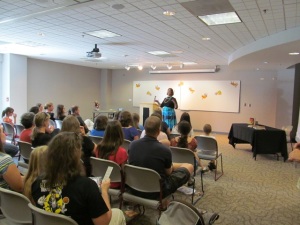
Me, trying to convince family and friends that I wasn’t a total failure, despite evidence to the contrary, at the Katerina’s Wish release party in 2012.
I learned this lesson on the afternoon before the release party for my debut novel, Katerina’s Wish. I was less than 24 hours away from having a whole crowd of friends and family at the library celebrating my rising star as a novelist, when I got the email to let me know that my editor was rejecting both of my next two manuscripts. Two manuscripts that, to me, felt so much stronger and better than the book that was coming out. Manuscripts that I had already anticipated would set up my future. When Katerina’s Wish had gone out on submission, I had no reason to believe it would be acquired. Now I had a great relationship with an editor, and two new manuscripts in which I had incorporated all I had learned from the first book. I was sure they were the next big thing. I had made assumptions that I had some kind of “in” that was going to see my way to success. Now there I was, facing a release party where I had to smile and give everyone the impression my career was roaring forward when I had just slammed face first into a brick wall, and my career was a twisted wreckage around my feet.
That was my first lesson about the sophomore book. Assume nothing. Every book is unique in the acquisition process (unless you get one of those crazy multi-book deals, which can have its own pitfalls, including the high probability that I’m going to totally hate you for it.) Selling one book predicts very little about selling the second. Or the third, or probably the four thousandth. I’ll report back in about a million years and let you know for sure about the four thousandth.
As it turned out, however, there was a light at the end of the tunnel, probably cast by that bonfire of my vanities. Because a conversation with my editor a few weeks later about one of the two rejected manuscripts led to revisions, and my editor acquired the revised manuscript about four months later. And so the sophomore book process began, despite the terrible timing that had cast it all in such devastating light.
The difference between getting the second book out into the world compared to the first, though, was that the debut book was an adventure–a dive into the unknown. The second book, at least for me, was acquired, and then I felt like the main work was done and I needed to be looking farther forward. After it was acquired, I didn’t feel I could relax into the process of publishing that book. Revisions, copy edits, first pass pages–the whole process felt like something of an afterthought, because my focus moved immediately to what I needed to do to get the next manuscript out there. The crushing smack of reality that came with those rejections somehow reframed my thinking into a focus more on the career track than on the individual manuscripts. Which is not to say I was writing for the market–not at all. But I did become much more concerned with the struggle for survival as a published author.

A metaphoric representation of the novelist after her debut. She’s the big cow, in case you were wondering. (Photo credit: Corinata, via Wikicommons.)
With the first book, there is a sense that you have been given life, that you are growing, thriving, coming into your own. After that, it’s just the tooth and claw struggle to survive in a dog eat dog world, where every scratch and bite has the potential to fester, gangrenous on your soul, until you rot from the inside out and
die
DIE
DIIIEEEE!!!!!
Oh, I’m sorry. Did I get a little frothy spittle on your face there? Let me just wipe that off.
Years ago, when I first decided to go from writing for a hobby to pursuing it as a career, I hesitated, afraid doing so would take the enjoyment out of the process for me. This is what I let overtake me in the years of my sophomore book.
I let myself bog down in the industry details, railing and storming against the walls and barriers and silent indifference that blocked my way forward. I struggled fruitlessly in the conflicts between my vision and the vision others have for my work. I got lost in the morass of difficulties that had nothing to do with the bottom line–me and my muse and the words on the page.
And that was my biggest error. I let the business of being an author overshadow the joy, the beauty, the story at the heart of being a writer. I forgot to play- with language, with my characters, with plot. I forgot that that is what matters, because that is all I can do, all I can control. All that will make me better, instead of bitter.
And so here I am, the sophomore novelist, having come through the fire–one that I no doubt stoked myself. Ironically, my second novel, Searching for Silverheels is the story of an innocent, romantically minded girl and a cynical old woman, a story of what feels a bit like the old me and the new me, although I penned it well before the events that would reshape me began. The book now feels somehow prophetic.
I hope to eventually have a third book, and a fourth, and eventually, a viable career. But in the mean time, I’m playing. I’m seeking joy. And I’m rereading my ending, where the cynic and the romantic find a peaceful, secure path forward together. And I’m wishing every writer out there, debut or otherwise, the good luck and good sense to find their way through, or better yet, around the morass. Because, seriously. It’s an awesome word, but you can find other ways to slip it into a sentence.
Relish the joy, and the celebration of every book, published or otherwise.
***
About Searching For Silverheels
by Jeannie Mobley
In her small Colorado town Pearl spends the summers helping her mother run the family café and entertaining tourists with the legend of Silverheels, a beautiful dancer who nursed miners through a smallpox epidemic in 1861 and then mysteriously disappeared. According to lore, the miners loved her so much they named their mountain after her.
Pearl believes the tale is true, but she is mocked by her neighbor, Josie, a suffragette campaigning for women’s right to vote. Josie says that Silverheels was a crook, not a savior, and she challenges Pearl to a bet: prove that Silverheels was the kindhearted angel of legend, or help Josie pass out the suffragist pamphlets that Pearl thinks drive away the tourists. Not to mention driving away handsome George Crawford.
As Pearl looks for the truth, darker forces are at work in her small town. The United States’s entry into World War I casts suspicion on German immigrants, and also on anyone who criticizes the president during wartime—including Josie. How do you choose what’s right when it could cost you everything you have?
“An engrossing, plausible story of several unlikely feminist heroines with a touch of romance and intrigue.” (Kirkus Reviews)
“Readers follow Pearl in her quest to learn the truth about the dancer nicknamed Silverheels, and they see her shed her complacence for a determination to do right, no matter the cost. Mobley uses the microcosm of Como to echo the broader issues of the day—women’s suffrage, the Great War, prejudice, and class divisions—yet she doesn’t overwhelm readers or the town with these themes.” (School Library Journal)


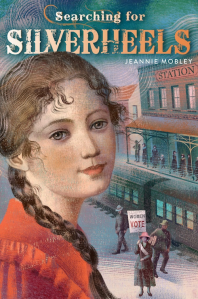
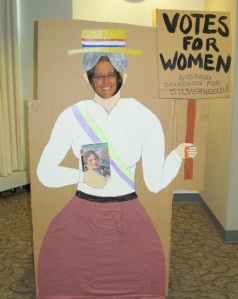

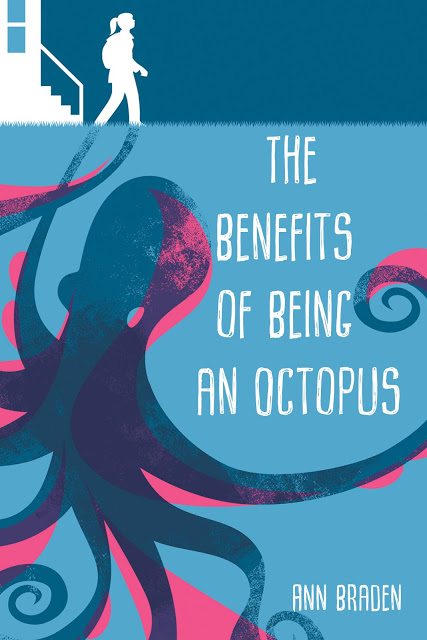

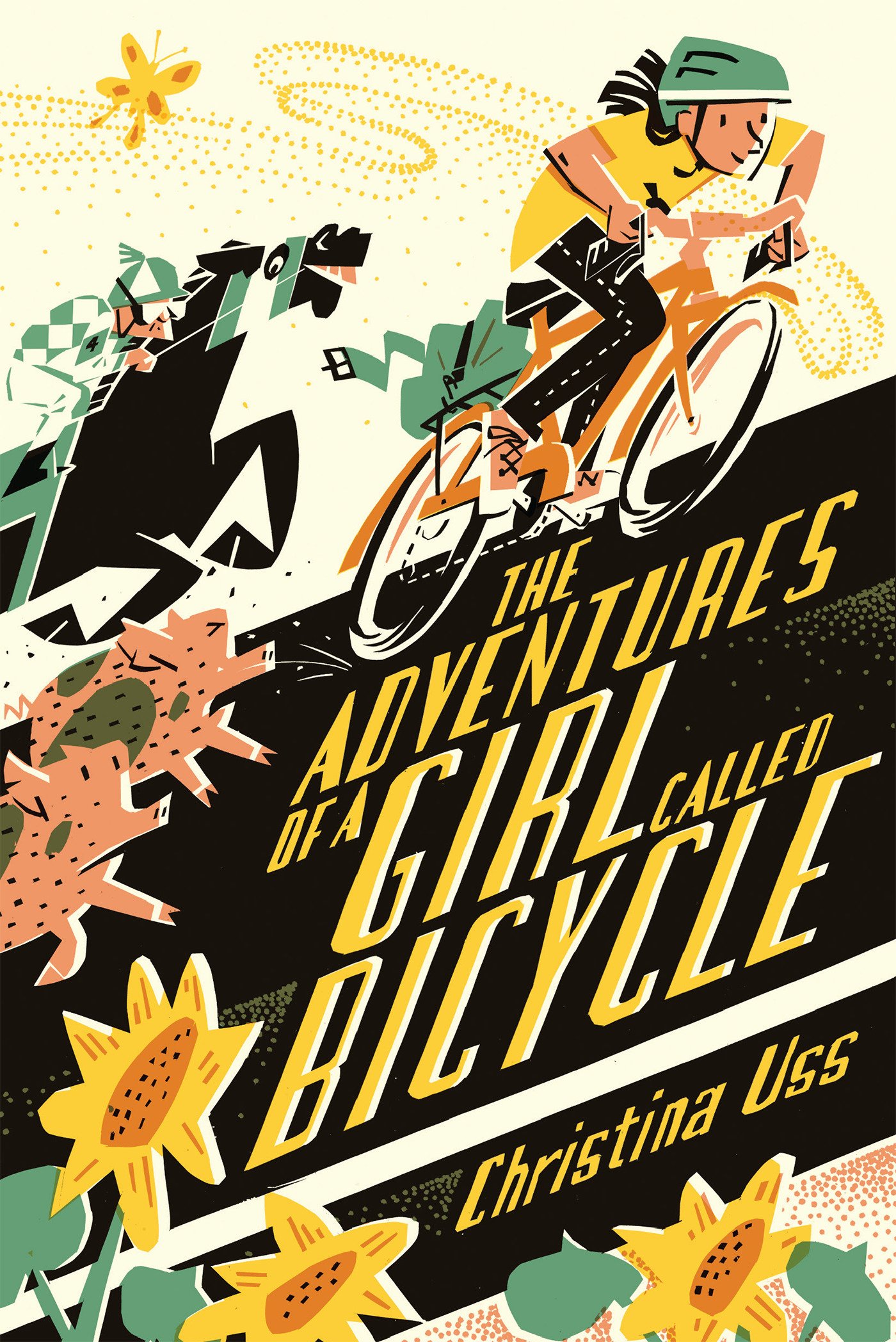






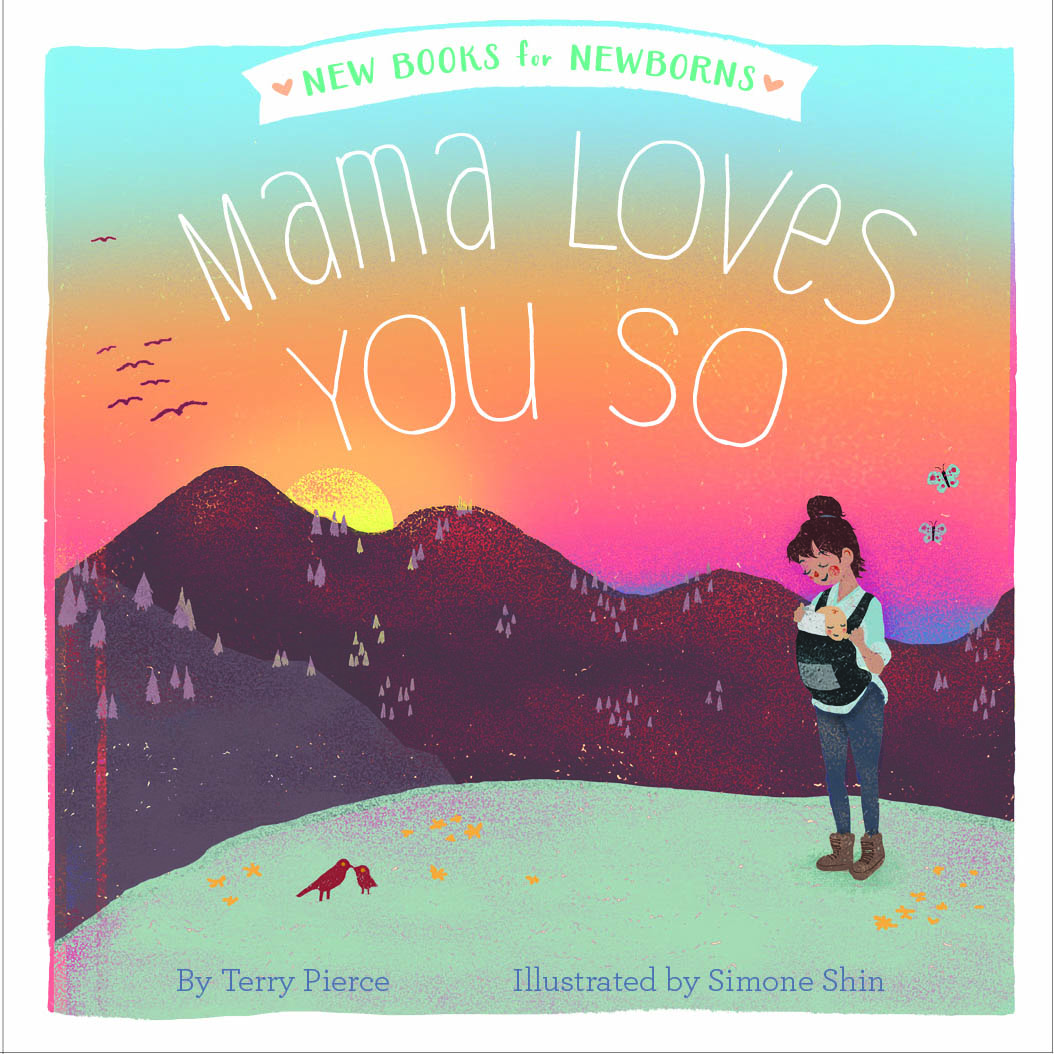
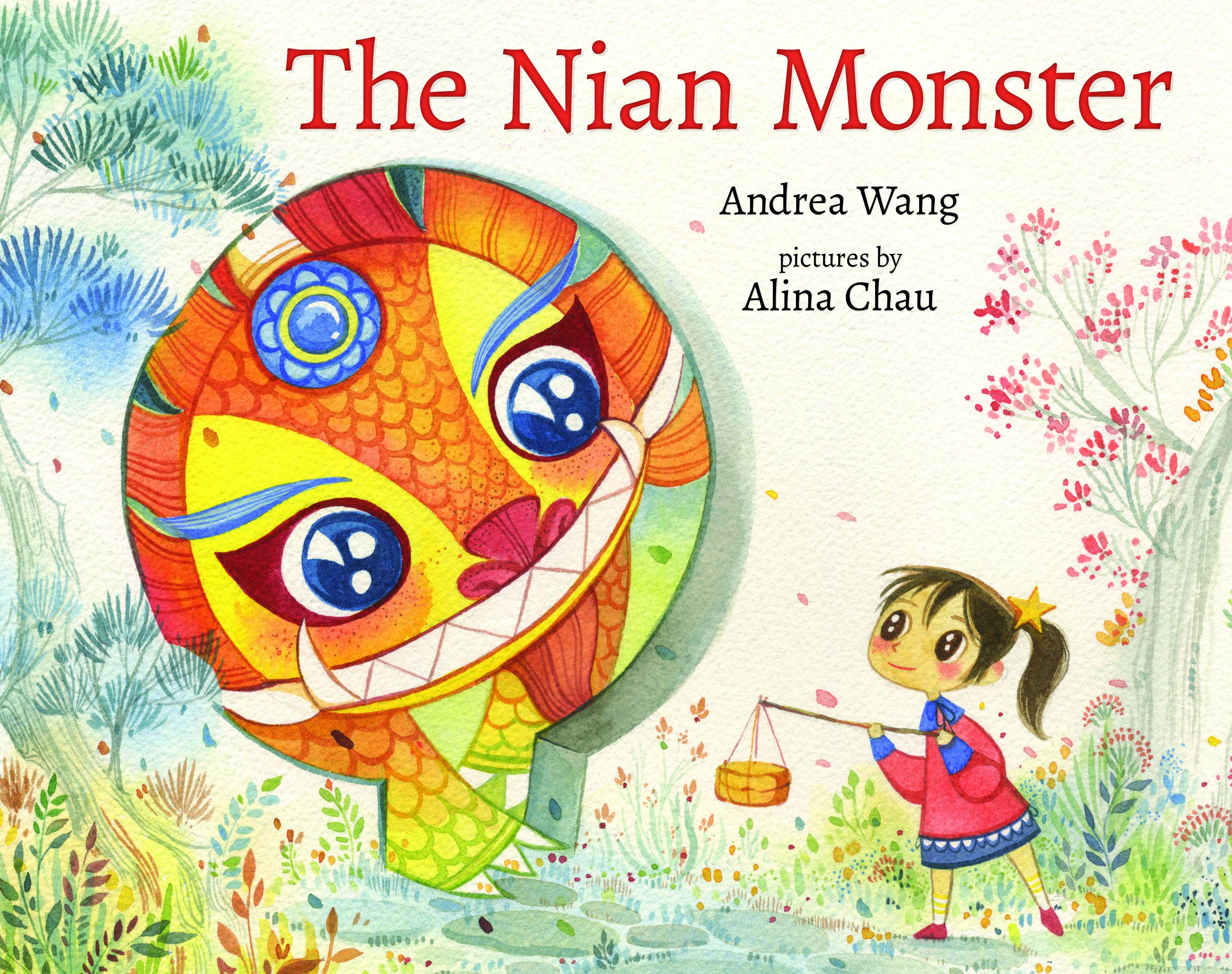
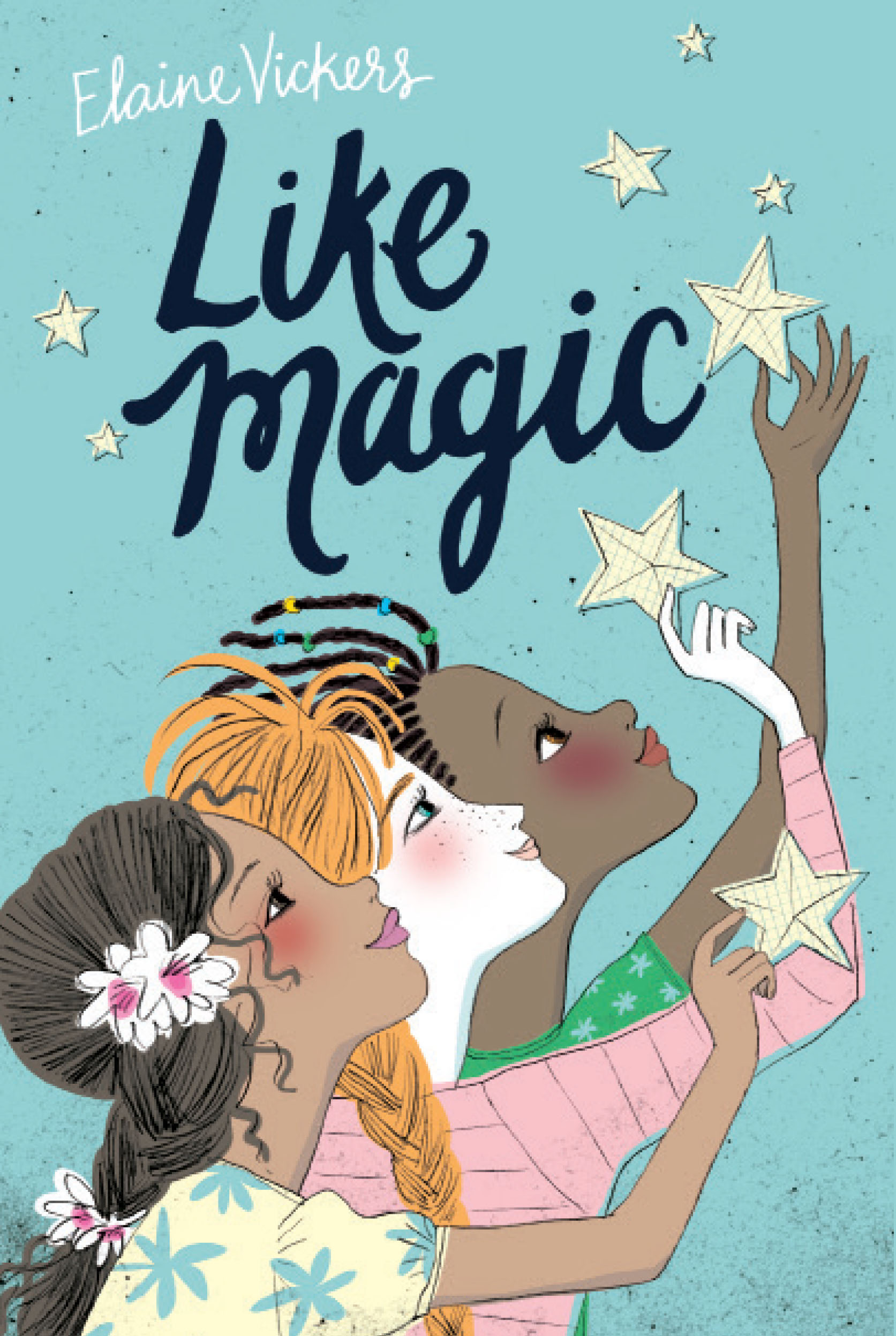
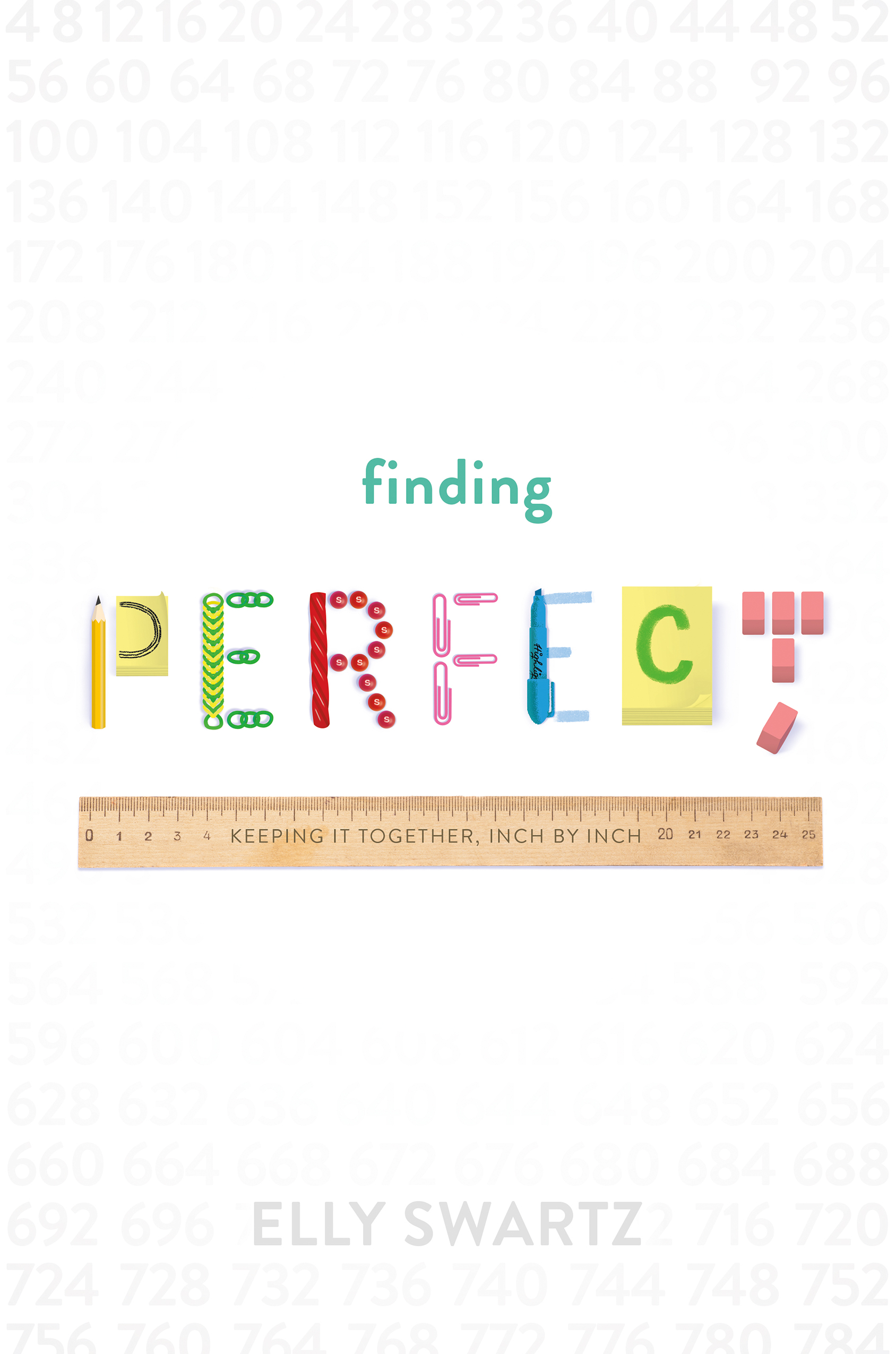
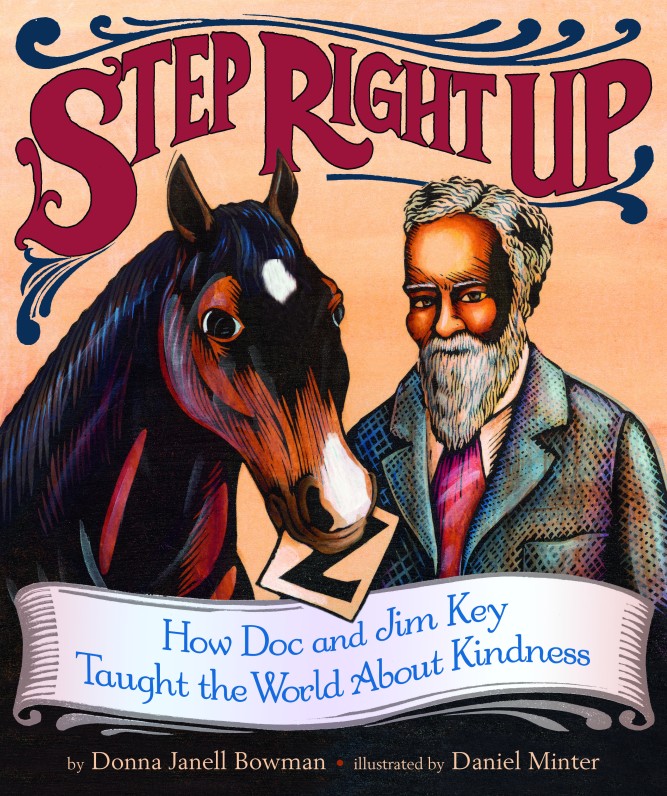
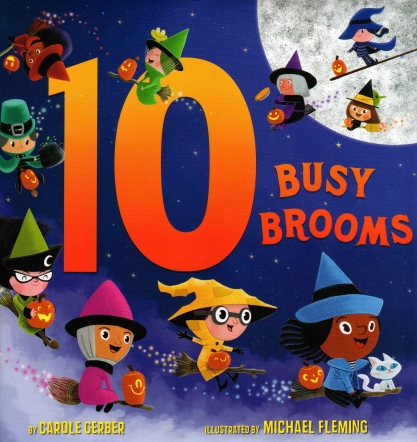
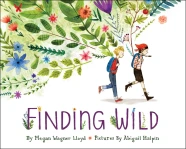
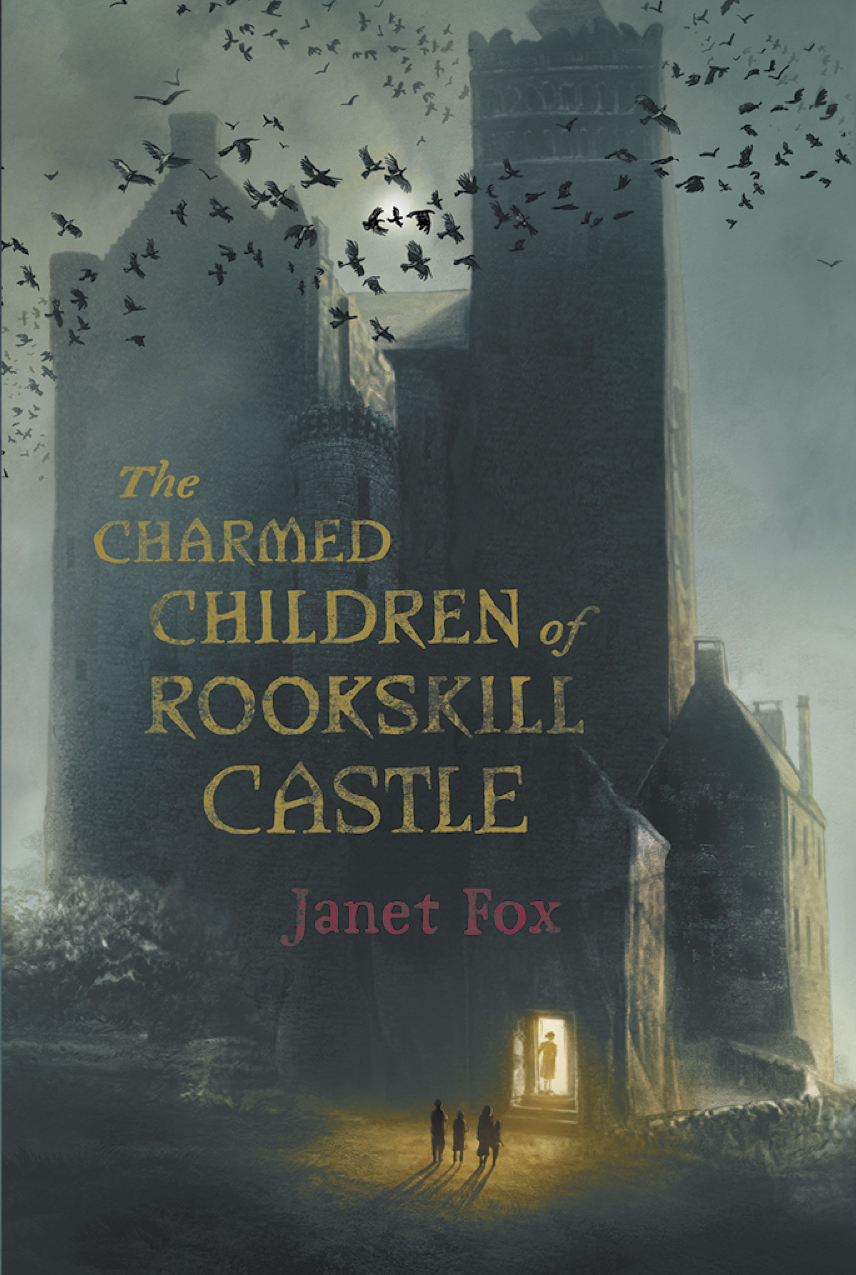
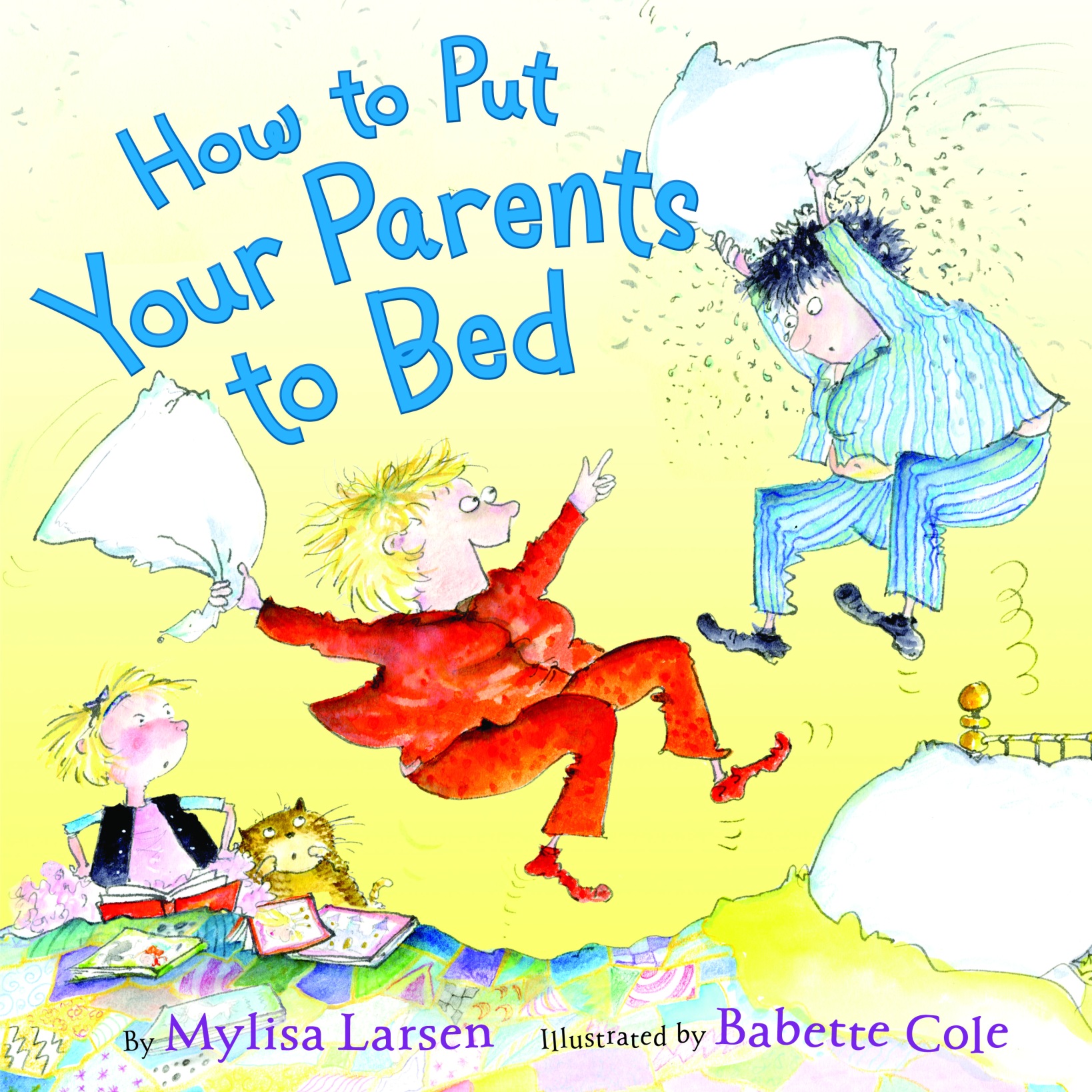



Jeannie, this post is awesome. AWESOME. You are so honest that I feel strengthened and more prepared for the future. I loved reading this, and I know I’ll return to it. Thank you.
LikeLike
Thanks, Megan.
LikeLike
This made me smile so BIG! Or should I say big . . . BIG . . . BIIIIIIIIIIIGGGGGGGGGG!!! It’s a pleasure to have you back, Jeannie!! Visit as often as you’d like to!! 🙂
LikeLike
I had no idea you were the sort to relish the pain of others, Amy. See if I ever trust that bright, sunny smile of yours again!
LikeLike
This stark honesty of this post is so powerful. I want to jump and up down and clap and hug you (and only with a brief retreat into a cupboard to crawl into the fetal position about the difficulty of all of this, but then right back to the jumping and hugging.) Thank you for writing this. Being able to reframe where we expect to see a finish line and how we approach the obstacles and pressure is so so important.
LikeLike
I’m glad your retreat into the closet was brief, Ann. I’m glad I didn’t mention the other three manuscripts that have gone into the trash since Silverheels was signed. Then we might never coax you back out.
LikeLike
I love when you come across posts that are so honest and sincere, such as this one. And tons of funny!! =) It’s great to hear about how things can be on the other side, from those that are surviving- and thriving- there. Thanks, Jeannie!
LikeLike
Thanks, Leandra. I think it’s important to share the tough as well as the rosy. Otherwise, it leaves us all isolated with our despair, thinking we are the only ones going through it. Which, I’ve learned, in this business is never the case. Thank goodness for the support of so many wonderful people giving it their all too!
LikeLike
Joy. Joy in reading this post. And Joy in knowing that you are writing for the joy of it because reading your writing seriously gives me joy. SO there.
LikeLike
And here I was afraid I’d be depressing everyone. I’m glad my writing brings you joy, Lindsey.
LikeLike
Thank you for this honest, brave post!
LikeLike
Pingback: Some thoughts on the sophomore novel | Writing with Cats
Great post, Jeannie. Like Megan said, your words make me feel better prepared for the road ahead. I remember being at your Katerina launch party, and I didn’t know that about your manuscripts having just been turned down. Such unfortunate timing! What a crazy business of ups and downs we are in.
LikeLike
Wow, Jeannie. Just, wow. That is one incredibly brave, incredibly powerful, incredibly terrifying, incredibly clever way to work “morass” into a blog post.
LikeLike
And in case you didn’t notice, I managed to slip in gangrenous and spittle too. All good words for describing a career.
LikeLike
Love this, Jeannie. I’ve spent a lot of time in that Slough of Despond myself. I hope I’m now wiping the mud off my feet on the other side of it.
LikeLike
Out here in the arid west, we have wastelands. Back east, you have sloughs. But really, it all comes to the same thing. I can’t say that I’m always able to find joy or to play, but I’m trying. Each day is a step forward. I hope you have more steps forward than skids backward, Susan.
LikeLike
Thanks for this thoughtful and, yes, funny reflection on the difficulties of the writing life.
LikeLike
I loved this–such an honest and accurate description of the twists and turns of The Writing Thing. I’ll bet a lot of us have gone through that weird intersection of “I just got crummy news” and “Everyone expects me to be all happy right now because of this other thing,” but I’ve never seen it written about like this. Thank you.
LikeLike
Morass. Morass! MORASSMORASSMORASS…wow, doing that makes “morass” look really weird. And vaguely obscene.
LikeLike
Yeah. After the weight gain I’ve experienced with the stress of the process, I’m really saying to myself Lesass. Lesass. LESSSS ASSSS!!!!! It’s not working, though.
LikeLike
Jeanne — not only did you manage to use morass *four* times, you wrote the best thing about how all of this feels! I swear I’m going to keep this forever.
LikeLike
I find one can’t use a word like that too often.
LikeLike
Ahhh, the joys and sorrows brought on by the weird and random juxtaposition of approval and rejection — which is, I suppose, another reminder to write for ourselves rather than solely for publication. Although my own rejection of my self can be scathing, at least I have the courtesy to hold back in the hours before a book launch party.
Keep going, Jeannie. You are endlessly fascinating to me.
LikeLike
Love. Just love. Thank you, Jeannie, for this post, for Emu’s Debuts, for your books, for you. Hugs!
LikeLike
Terrific post, Jeannie. Thank you for your honesty, which helps the rest of us feel less alone in our struggles.
LikeLike
Welcome back, Jeannie! I’m glad mine aren’t the only wild eyes around here!
LikeLike
Jeannie,
Thanks so much for this post. Like everyone has said, I appreciate the honesty. I’m racking up rejections and wondering if there will ever be a second book and somehow your honesty made me feel better despite the rejections. This especially hit home with me, “I let the business of being an author overshadow the joy, the beauty, the story at the heart of being a writer. I forgot to play- with language, with my characters, with plot. I forgot that that is what matters, because that is all I can do, all I can control. All that will make me better, instead of bitter.”
I am going to think about the wisdom in those words and what I can control!
LikeLike
Yeah, I’ve racked up plenty of rejections, Penny. But every rejection is one more wrong editor out of the way on your path to the right editor, right?
LikeLike
Excellent point!
LikeLike